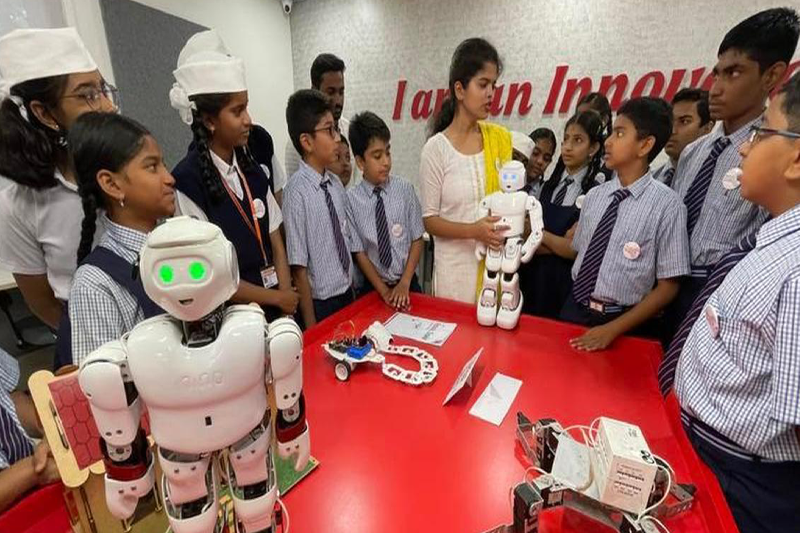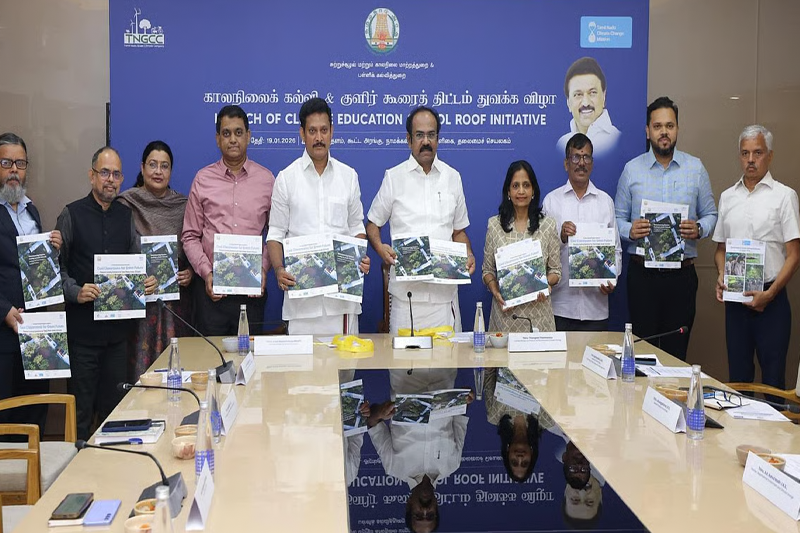
Karnataka Private Schools Challenge Department’s Renewal of Recognition Circular
Private schools across Karnataka have raised objections to the latest circular issued by the Department of School Education and Literacy regarding the Renewal of Recognition (RR) for the upcoming academic year. The circular reinstates requirements previously contested in court, sparking concerns about practicality, administrative burden, and potential misuse.
“The High Court had quashed mandatory fire and building safety rules for pre-2018 schools. Issuing a fresh circular now is inappropriate.”
— D. Shashi Kumar, Secretary, KAMS
Reinstating Contested Requirements
The department’s circular mandates that schools submit:
- Building safety certificates
- Fire safety certificates
- Land conversion certificates
For older schools, obtaining these documents is often impractical, involving costly renovations or bureaucratic procedures. Managements fear this could lead to harassment or even corruption.
KAMS highlighted that the High Court’s November 14, 2022, ruling had limited these requirements to schools started after 2018, and the case remains pending.
Online Submissions: Practicality Concerns
The circular also makes online submission of RR applications mandatory. While digitization aims to streamline processes, schools argue that re-uploading documents annually is redundant.
“We request the minister to consider documents already uploaded last year and grant renewals based on undertakings rather than repeated submissions.”
— School managements
Repeated submissions consume time and resources, particularly for older institutions with unchanged documentation.
Political and Legislative Intervention
The issue has drawn political attention. Following a request from MLC Puttanna, Chief Minister Siddaramaiah has ordered a legislative committee to examine private schools’ grievances. The committee will review whether the circular’s requirements are reasonable and propose solutions that balance safety with practicality.
Schools’ Perspective
Legacy schools, especially those established before 2018, face logistical and financial hurdles. Procuring building safety and fire safety certificates often requires major inspections or infrastructure upgrades.
“Older schools face undue burden, while newer institutions built under modern regulations are unaffected.”
— School managements
Schools also emphasize that repetitive submissions could be misused, creating opportunities for arbitrary enforcement. They seek recognition of previously submitted documents and a more practical compliance mechanism.
Legal and Administrative Implications
The ongoing legal case adds complexity. Schools argue that enforcing 2018-plus rules on pre-2018 institutions may contradict the High Court’s previous orders, risking further litigation.
The department insists on strict compliance for transparency and safety, but schools advocate for flexible, context-sensitive enforcement to prevent unnecessary strain or administrative misuse.
Moving Forward: Balancing Safety and Practicality
The legislative committee could pave the way for a more balanced approach, including:
- Accepting previously submitted documents
- Providing clear guidelines for older schools
- Implementing flexible verification for certificates
Collaboration between policymakers, school associations, and legal advisors can help maintain safety standards without imposing impractical demands.
The RR circular controversy underscores the tension between regulatory oversight and institutional practicality. While safety is essential, policies must be realistic and context-aware.
The ongoing dialogue and legislative scrutiny offer hope for a balanced framework that ensures both compliance and operational feasibility, potentially setting a precedent for school regulation across India.
“Safety is paramount, but procedural fairness is equally important. We need policies that protect students without overburdening schools.”— Education sector observer



